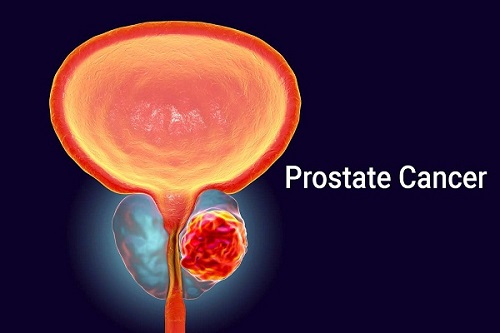Prostate Cancer- A Treatable Health Condition among Men
The uncontrolled division of the cells causes cancer. Prostate cancer is the uncontrolled division and corresponding growth of prostate cells of the human body. Almost all types of prostate cancer fall under the category of adenocarcinomas- cancers that develop from the gland cells.
Sarcomas, small cell carcinoma, neuroendocrine tumors, and transitional cell carcinoma are other types of prostate cancer. However, these are rare types of prostate cancer. Prostate cancer is most likely to develop slowly, though some cancers grow faster. Autopsy reports have shown that many men, both young and old, who died due to other reasons, had prostate cancer that neither they nor their doctors knew about.
Risk factors for Prostate Cancer
As one gets older, the risk of prostate cancer also increases. Prostate cancer is primarily seen in men above 50 years of age. If a person has a family history of prostate cancer, he may likely suffer from the same. A family history of breast cancer is an adequate factor for vulnerability to prostate cancer. Obesity may also lead to prostate cancer. Cancer becomes more aggressive in obese people and is more likely to return in them.
Complications
Like other types of cancer, prostate cancer can lead to metastasis or the spreading of cancerous cells to other parts of the body. It can spread to the bladder, bloodstream, lymphatic system, bones, or tissues. Once prostate cancer spreads to the bones, it is likely to cause the bones to break. Moreover, it can also cause urinary incontinence and erectile dysfunction.
Precautions against Prostate Cancer
Though there are treatments for prostate cancer, it is better to be safe than sorry. Therefore, a few precautions can be taken to reduce the risk of prostate cancer.
- Switch to fruits and vegetable-rich diet
- Switch to healthy food over supplements
- Regular Exercise
- Maintain a healthy weight
- Seeking medical advice about the increased risk of prostate cancer
Medications
Abiraterone acetate is a hormone therapy used for patients with advanced stages of prostate cancer, which has spread to other body parts. Abiraterone works by preventing the body from producing testosterone. It is a second-line therapy used when the patient has stopped responding to different types of hormone therapy. It is also sometimes prescribed for patients as the first treatment for prostate cancer. However, Abiraterone is not a cure for prostate cancer. Instead, it is a medication.




 :
:  +91 – 9999064250 | 9811604444 | 9811604424
+91 – 9999064250 | 9811604444 | 9811604424


